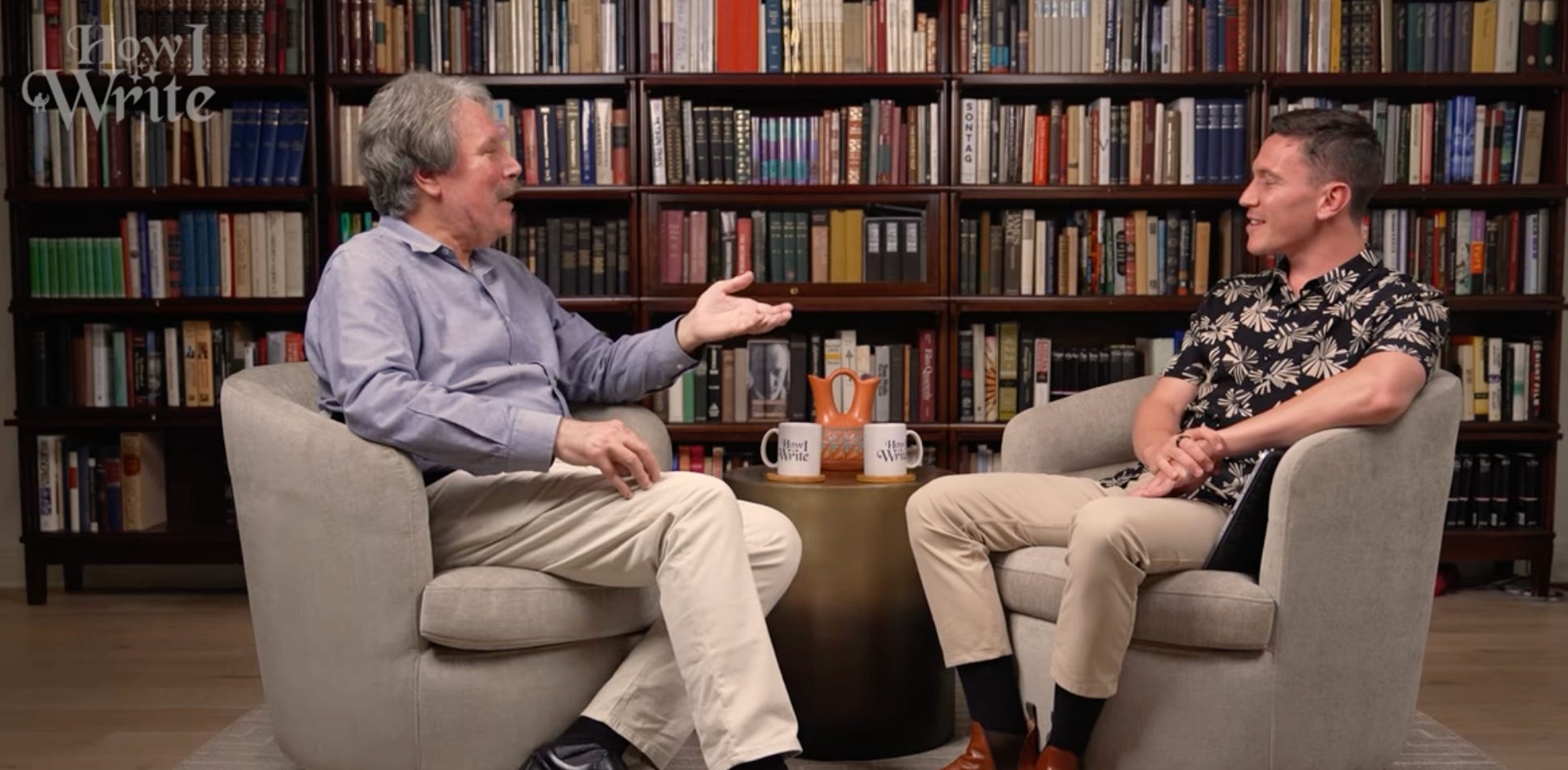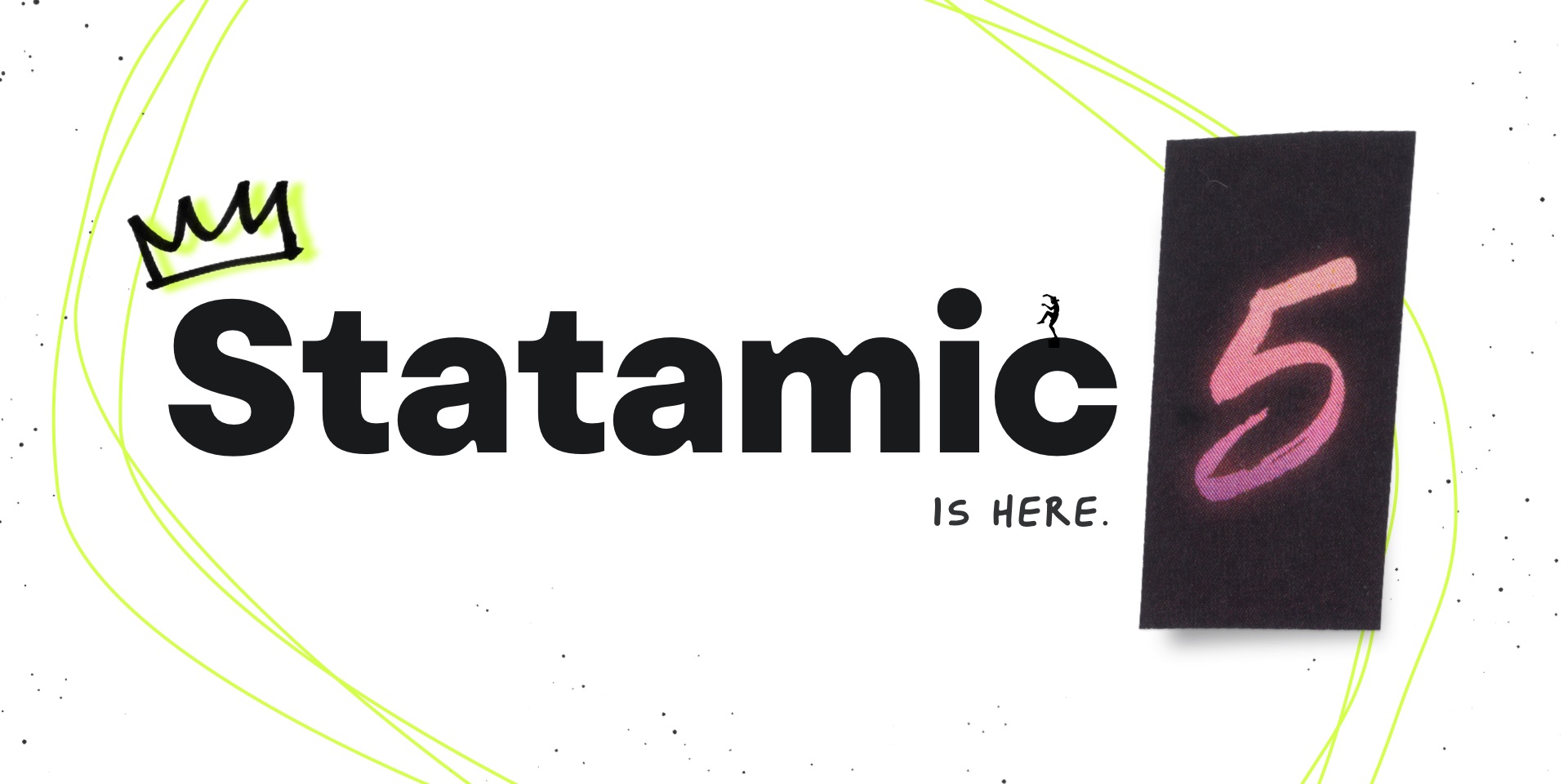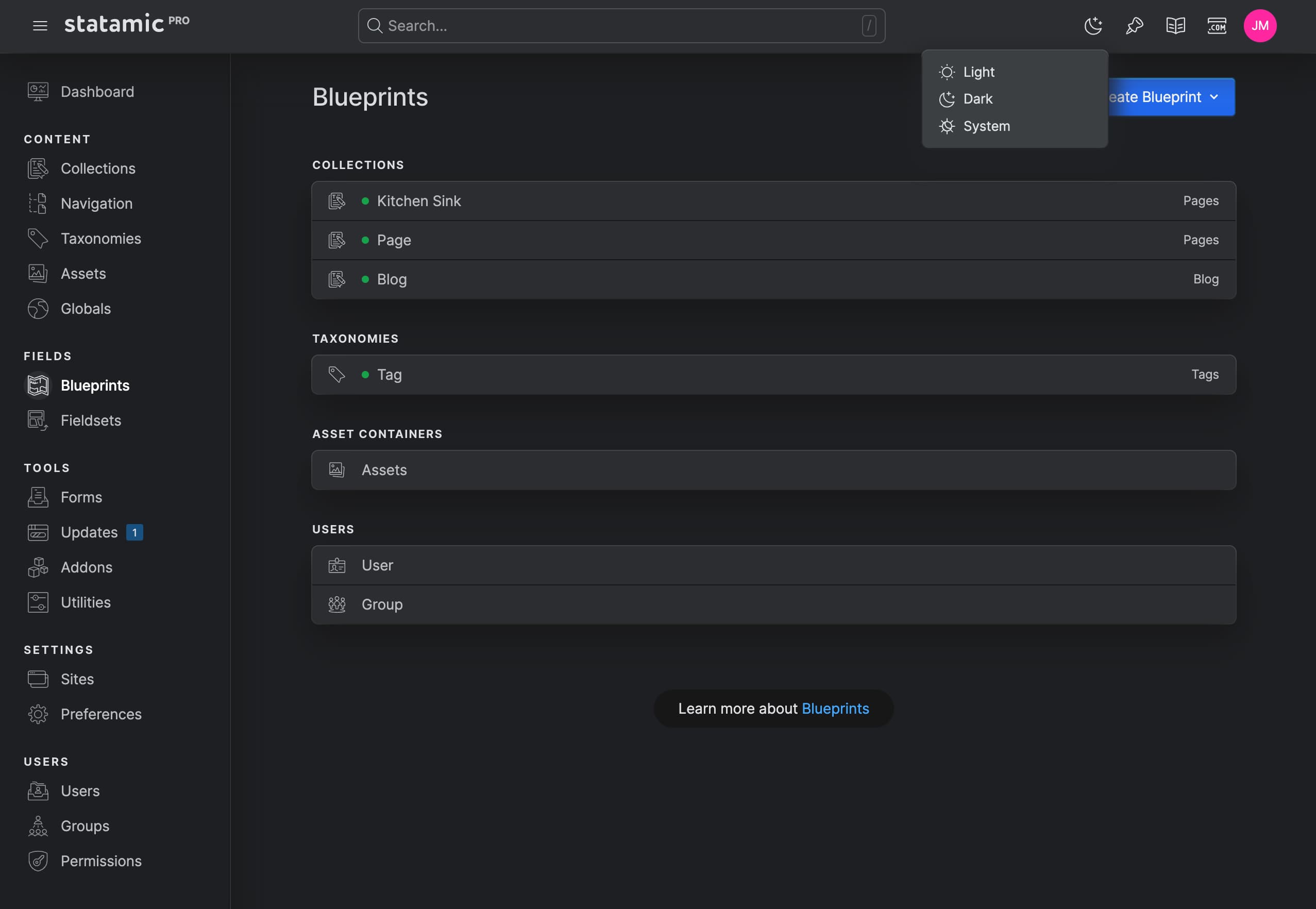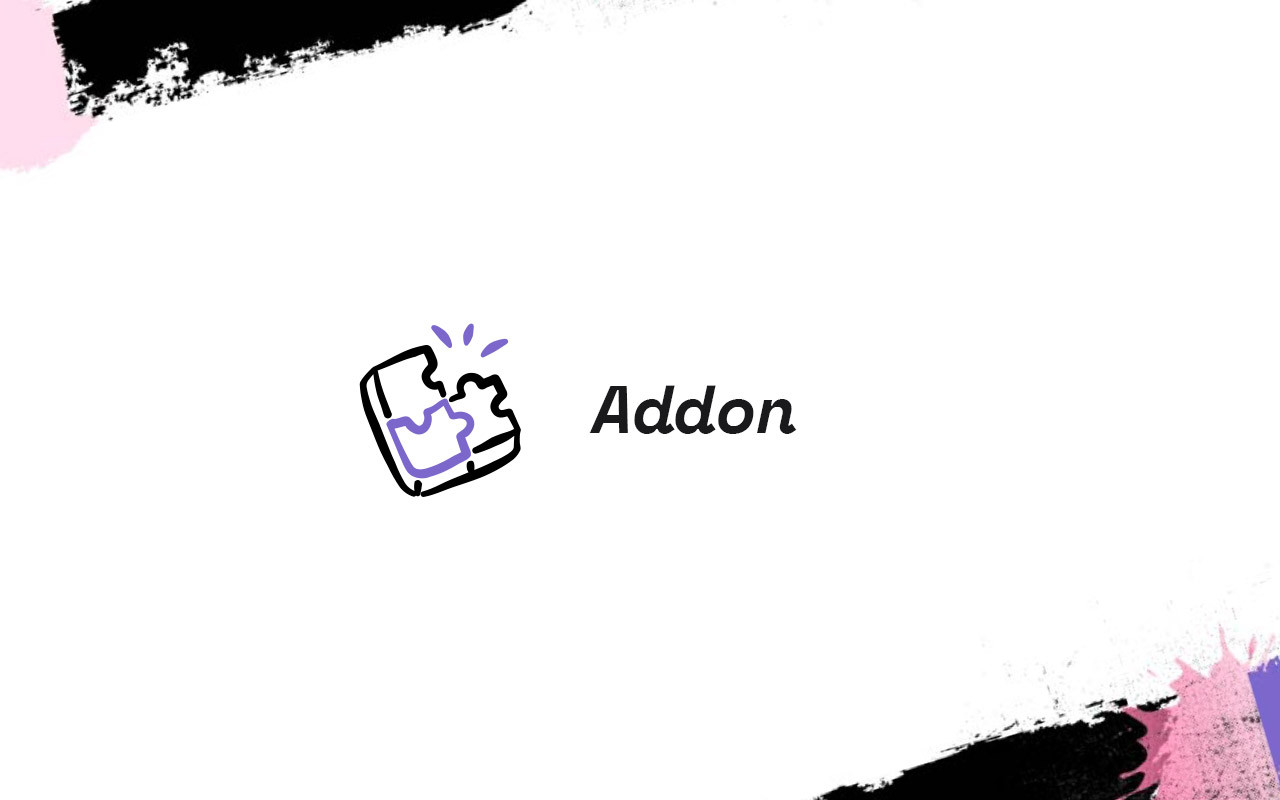It’s a rare occasion when I sit down for an interview—I’ve only agreed to two video interviews in the last 18 months. (The previous one is here.) But this one is a milestone in other ways. First, it’s the longest interview I’ve ever given on camera—we kept going for more than two hours without a break. If you want to support my work, take out a premium subscription (just $6 per month).This was also the first time I’ve agreed to do a videocast interview in my home. So a whole film crew descended on our humble household. We could have done this in a studio, but I think the familiar setting made this more of an intimate conversation than we would have achieved elsewhere. David Perell, host of the “How I Write” podcast, clearly did his homework. (He showed me his briefing paper on my writing and career, and it looked like it was 30 or 40 pages long.) So he came prepared to ask probing questions. I tried to answer as frankly and openly as possible—and the conversation took a life of its own. The focus of the interview is how I write. But (as many of you know) it’s hard to keep me from improvising. So we ended up covering all sorts of strange and sundry topics. Along the way, I talk about Bob Dylan, songwriting, Taylor Swift, Charles Mingus, the decline of the Roman Empire, where creative inspiration comes from, David Foster Wallace, my daily routine, William Blake, metaphysics, the Beatles, my battle against algorithms, the French Revolution, why I pay close attention to my dreams, and the crisis of trust in today’s culture. And lots of other things. But I won’t try to summarize all this. Here’s the interview in its entirety. 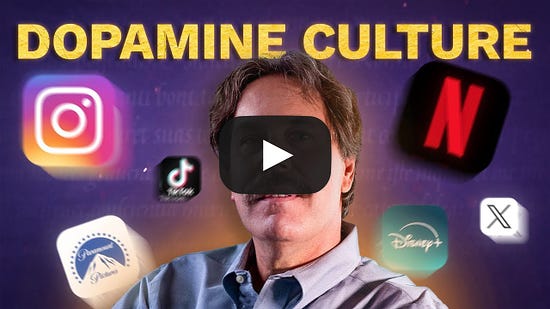 Below is a small extract: TED: If you’re an artist and have a vision are you crazy? What people don’t realize is that this is much more prevalent than anyone knows. Robert Frost heard voices every day of his life, and it goes into his poetry. Now let’s look at music. I look at the dream…. DAVID: The dream? TED: I write about sleeping more than any music critic in history. Why do I write about sleeping? Because when you have a dream this is everybody’s chance to have an out-of-body experience or to encounter something crazy. Even if you don’t have visions like William Blake or Robert Frost, in your dreams you will have these experiences. So I started doing research on when great songs were written in dreams. People have no idea how common this is. I’ll just give you a few examples. Paul McCartney’s most successful song was “Yesterday”—it was picked in a poll by the BBC as the best song of the 20th century. It came to him in a dream. Another one of his huge hits was “Let It Be.” It came to him in a dream. The Rolling Stones’ biggest hit was “(I Can’t Get No) Satisfaction,” and the riff came to Keith Richards in a dream. In fact, the story is amazing. He wakes up in the morning, and there’s a tape recorder. He plays the tape and it’s got the riff to “Satisfaction.” He doesn’t even remember doing it, but apparently in the middle of the night, he gets up from his sleep and records it—then goes back to sleep. The next morning it’s on his tape recorder. DAVID: He has no recollection of it? TED: He has no recollection. Billy Joel’s most successful song, “Just the Way You Are”—came to him in a dream. Sting’s biggest hit with the Police, “Every Breath You Take”—came to him in a dream. Carl Perkins the rock singer, his biggest hit “Blue Suede Shoes”—the song came to him in a dream. So I started going to musicians—on Twitter I said tell me situations in which musical inspiration came to you in a dream. You can’t believe how many musicians reached out to me. Huge numbers of them. But they’re often ashamed to talk about it it, for a variety of reasons. First of all, it seems crazy if you get a song in a dream. This is like the vision quest of Native Americans. They would have a vision, and receive a magical song as a gift. But this still happens all the time…. The bottom line is that the situation today is no different from what it was for Homer or Virgil or these other poets who thanked the Muse. We still get inspiration from wild, crazy, visionary places. We should nurture this. We should trust this. And we certainly shouldn’t mock or ridicule this. And I fear a lot of that happens… You're currently a free subscriber to The Honest Broker. For the full experience, upgrade your subscription. |
Search thousands of free JavaScript snippets that you can quickly copy and paste into your web pages. Get free JavaScript tutorials, references, code, menus, calendars, popup windows, games, and much more.
How I Write
Upholding Humanity Matters
 Brett Stephens of the New York Times wrote an OpEd (paywall) where he essentially lamented that the “rules” of war were holding Israel and Ukraine back from winning. This is my job. If you have $5 to support my channel, I would appreciate it. While it may be tempting to wage unrestricted warfare and disregard the rules of war, doing so can place a great psychological cost on the soldiers who must one day return home and deal with the consequences of their actions. You're currently a free subscriber to The official Ryan McBeth Substack. For the full experience, upgrade your subscription. © 2024 Ryan McBeth🇮🇪🇺🇸 |
🚀 Happy May! Statamic 5 and Dark Mode are here, faster and more solid than ever!
|
How the New York Times led to the fall of Assad
Anti-semitism by the New York Times actually made Israel safer ͏ ͏ ͏ ͏ ͏ ͏ ͏ ͏ ͏ ͏ ͏ ...
-
code.gs // 1. Enter sheet name where data is to be written below var SHEET_NAME = "Sheet1" ; // 2. Run > setup // // 3....
